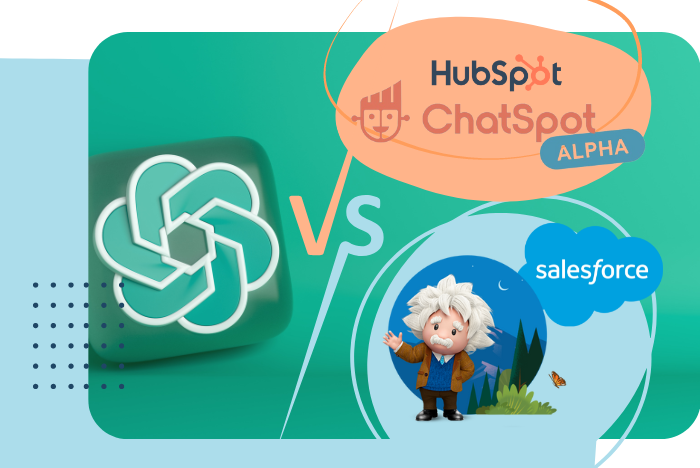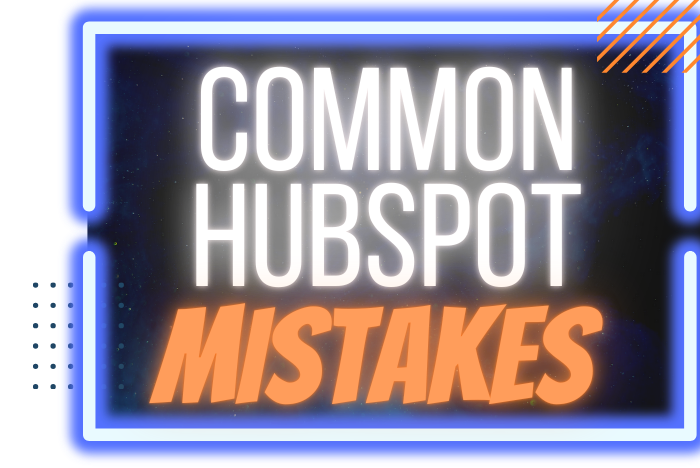SKIP THE ARTICLE AND DOWNLOAD THE DECK
One of the most transformative developments in recent years is the integration of artificial intelligence (AI) into sales processes. AI empowers teams to work smarter, providing them with actionable insights and automating repetitive tasks so they can focus on what truly matters—building relationships and driving revenue. For companies aiming to optimize their sales strategies, adopting AI is no longer an option; it’s a necessity.
At SaaS Solutions, we’ve seen firsthand how AI can revolutionize sales operations. By integrating AI tools into CRM systems, companies can enhance their productivity, improve lead management, and forecast sales outcomes with unprecedented accuracy. Let’s explore how AI reshapes sales processes and how businesses can harness its full potential.
The Essential Role of AI in Sales
Sales teams are under immense pressure to perform, often with fewer resources and higher expectations. Buyers today are more informed and selective, making it increasingly difficult for sales professionals to capture and retain their attention. This is where AI steps in, offering intuitive solutions that streamline workflows and empower sales teams to operate at peak efficiency.
With AI, the focus shifts from manual tasks, like data entry or crafting outreach emails, to more strategic initiatives that require human insight—engaging with prospects, nurturing leads, and closing deals. The time-saving benefits alone make AI an indispensable asset for any sales organization. But its true power lies in its ability to provide real-time, data-driven insights that help sales professionals make smarter, more informed decisions.
Key Benefits of AI-Powered Sales
AI is transforming the way sales teams operate, providing them with the tools to streamline their processes, enhance their performance, and drive better results. Here are some of the core ways AI is making an impact:
1. Automation of Repetitive Tasks
One of the primary advantages of AI is its ability to automate time-consuming tasks, freeing up your team to focus on revenue-generating activities. For instance, AI can draft personalized sales emails based on customer data and preferences, ensuring relevant and timely outreach without requiring manual input. This automation not only speeds up communication but also boosts the effectiveness of each interaction by delivering highly tailored content to prospects.
2. Enhanced Sales Forecasting
Sales forecasting is a critical function for any organization, yet it’s often challenging to get right. AI significantly improves the accuracy of sales forecasts by analyzing historical data, market trends, and customer behaviors in real-time. This level of precision enables sales leaders to make more confident decisions, anticipate changes in the market, and allocate resources where they’ll have the most impact. Accurate forecasting ensures you’re not only meeting targets but also optimizing your approach to future opportunities.
3. Improved Lead Management
AI’s ability to analyze large volumes of data quickly allows sales teams to prioritize leads based on their likelihood to convert. By utilizing predictive lead scoring, AI tools can evaluate which prospects are most likely to become customers, enabling sales teams to focus their efforts on the most valuable opportunities. This data-driven prioritization ensures that no time is wasted chasing unqualified leads, ultimately leading to higher conversion rates and more efficient sales cycles.
4. Optimized Sales Playbooks
Sales teams often rely on playbooks to navigate complex deals and maintain consistency in their approach. AI can help enhance these playbooks by providing dynamic, data-informed content, such as lead qualification scripts, product pitches, or closing techniques. This AI-generated content allows teams to refine their strategy in real-time and make adjustments based on what’s working. The result is a more agile sales process, where teams can focus on refining their tactics rather than creating content from scratch.
AI-Driven Insights: The Key to Personalized Customer Interactions
The ability to personalize interactions at scale is one of AI’s greatest strengths. AI tools analyze customer behaviors, preferences, and interactions to create personalized recommendations that resonate with each individual prospect. This not only helps sales teams build stronger relationships but also ensures that every communication feels tailored, making customers more likely to engage.
For example, AI-powered CRM systems can analyze previous interactions with a customer and suggest the most effective next steps, such as the right time to follow up or the type of content to send. This level of personalization was once unthinkable at scale but is now a reality, thanks to the power of AI.
Elevating Sales Performance Through AI: The Long-Term Benefits
AI is not just a short-term solution for improving sales efficiency; it’s a long-term investment in your organization’s ability to adapt and thrive in a rapidly changing marketplace. The long-term benefits of integrating AI into your sales strategy include:
- Sustained Efficiency Gains: As AI automates more processes and provides deeper insights, your sales team will consistently operate at higher levels of productivity, spending more time building relationships and closing deals.
- Smarter Decision-Making: AI delivers real-time insights and predictive analytics, enabling sales leaders to make more informed, strategic decisions that drive business growth.
- Scalability: AI tools can easily scale with your business as it grows, ensuring that your sales processes remain efficient and effective, even as your team expands or markets evolve.
A Strategic Roadmap to AI Integration
To fully realize the benefits of AI in your sales operations, it’s important to approach integration with a clear, strategic roadmap. Here’s how to ensure a successful transition:
- Start with a Clear Objective: Begin by identifying one or two key areas where AI can make the most immediate impact. For example, you might focus on automating email outreach or improving lead scoring to enhance efficiency.
- Train Your Team: While AI tools are designed to be intuitive, your team will still need time and resources to fully understand how to use them effectively. Provide training sessions and support to ensure your sales team can maximize AI’s potential.
- Measure Success: As with any new technology, it’s important to track the performance of AI tools against specific metrics. Monitor key indicators like time saved, increase in sales conversions, and accuracy in forecasting to ensure AI is delivering the expected results.
- Expand and Optimize: Once the pilot phase is successful, roll out AI tools across the wider organization. Continuously optimize your AI strategy by integrating new features and refining processes to ensure maximum efficiency.
The Future of Sales with AI
AI is fundamentally changing the way sales teams operate, and its potential is far from being fully realized. As AI technology continues to evolve, sales teams will be able to anticipate customer needs more accurately, personalize interactions at scale, and close deals faster than ever before. The businesses that embrace AI now will be the ones leading the charge in the future.
At SaaS Solutions, we believe that integrating AI into your sales operations is more than just a competitive advantage—it’s the key to sustained success in today’s data-driven world. By leveraging AI tools to enhance productivity, drive better decision-making, and deliver personalized customer experiences, your sales team will not only meet its goals but exceed them.




